Colorectal Cancer
Healing is possible after a colorectal cancer diagnosis. We deliver leading therapies that are gentler on your body and help you live an excellent quality of life.
Why Choose Us for Colon and Rectal Cancer Treatment?
Early Detection
Colorectal cancer screenings (colonoscopies) catch polyps and early-stage cancers before they cause symptoms. Our services also include cancer genetic testing, which detects changes (mutations) that raise your colorectal cancer risk. If you test positive, it doesn’t always mean you’ll get cancer. We may recommend more frequent screenings to catch the first signs of a polyp.
Supportive Care and Survivorship Services
We help you feel your best at every stage of care. You may benefit from cancer resources and support, such as nutrition counseling, assistance from social workers and cancer rehabilitation services. We also deliver specialized assessments and care planning that optimize your well-being after completing treatment. Explore our Cancer Survivorship Program.
Research and Innovation
Our team helped pioneer minimally invasive techniques to remove colorectal cancers through smaller incisions. These methods include single-incision colon surgery and robot-assisted rectal surgery. We continue to advance the field by participating in prominent national cancer research and clinical trials.
Our Cancer Locations
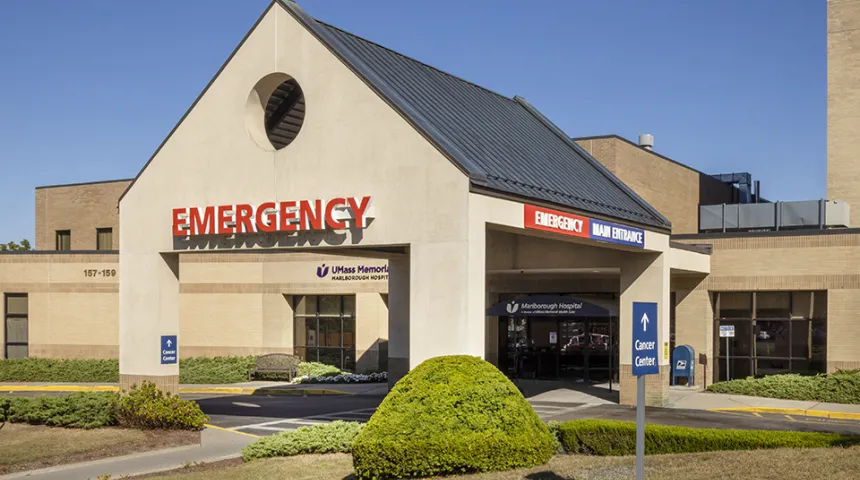
UMass Memorial Medical Center - Marlborough Campus
157 Union Street,
Marlborough, MA 01752

UMass Memorial Medical Center - University Campus
55 Lake Avenue North,
Worcester, MA 01655
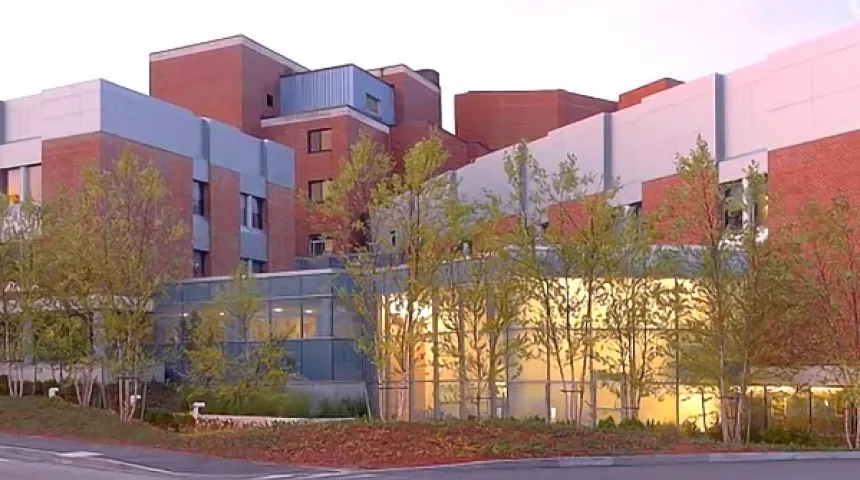
Milford Regional Medical Center
14 Prospect Street,
Milford, MA 01757
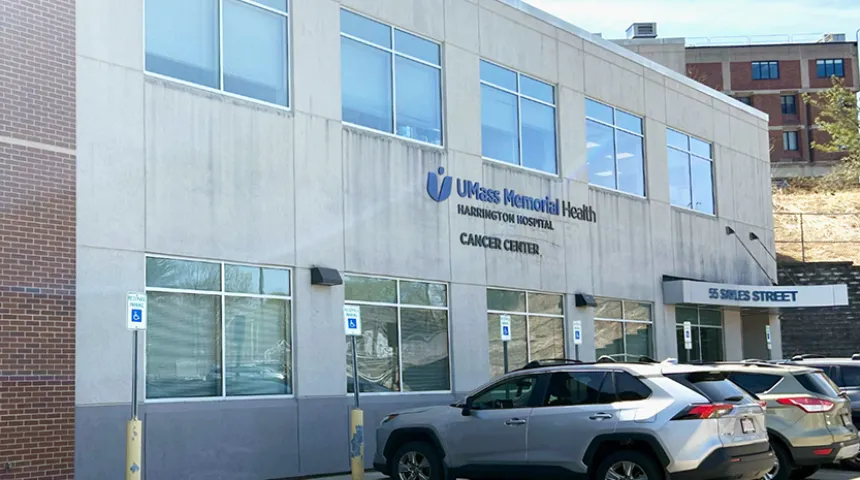
The Cancer Center at Harrington Hospital - Southbridge Campus
55 Sayles Street,
Southbridge, MA 01550
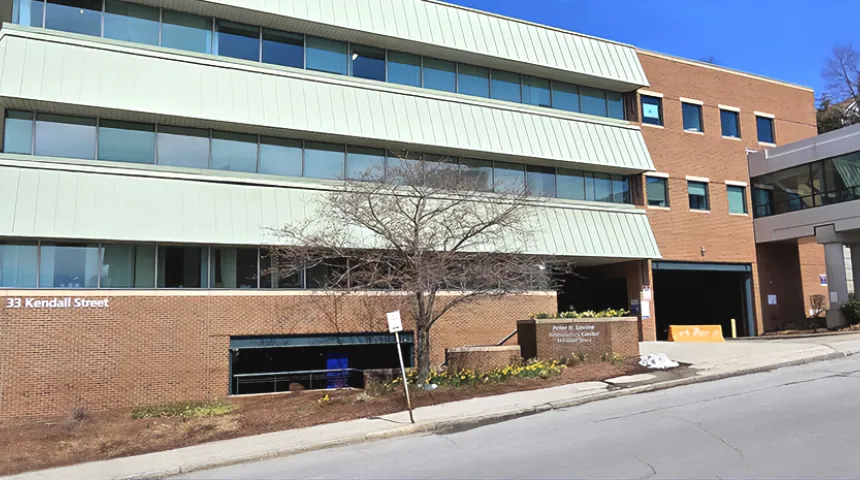
UMass Memorial Medical Center - Memorial Campus Peter H. Levine Ambulatory Center
33 Kendall Street,
Levine Building,
Worcester, MA 01605
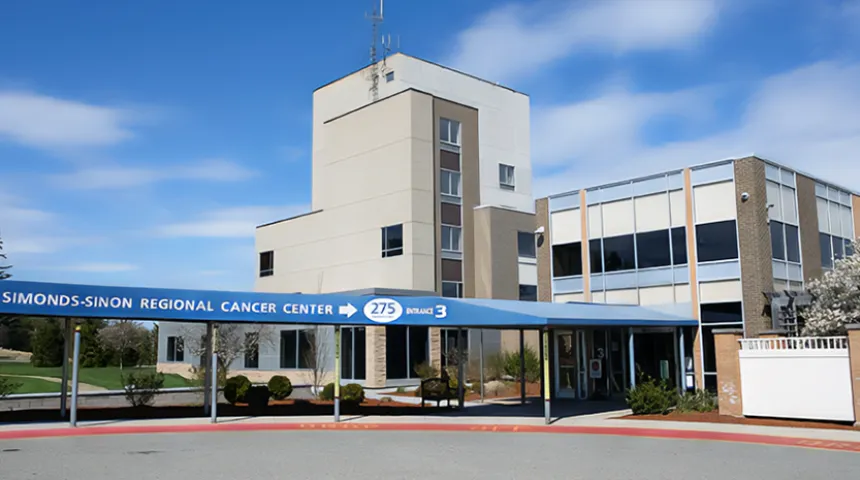
Simonds-Sinon Regional Cancer Center
275 Nichols Road,
Fitchburg, MA 01420
Get Started
Call 855-UMASS-MD (855-862-7763) to make an appointment with a colorectal cancer specialist. You can also book an appointment online with select providers.
